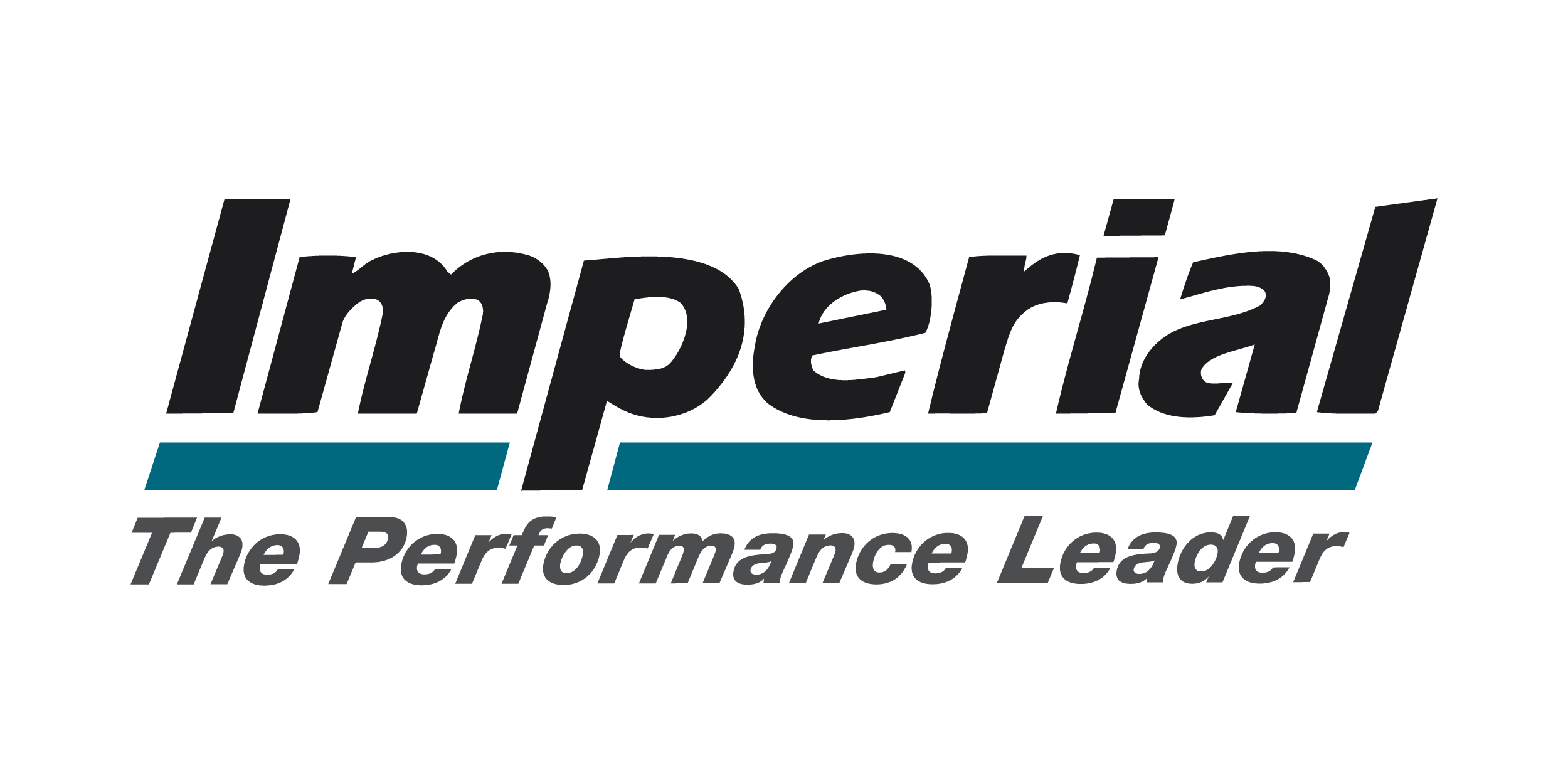This month, we congratulate Roche Brothers for their well-deserved recognition as “Innovator of the Year.” Roche Brothers’ recent launch of their urban store format, Brothers Market, points to a growing trend in the supermarket industry: innovating to meet the grocery buying needs of urban and millennial shoppers. The focus is on convenience and better access to healthy food. While, at first blush, smaller format stores may sound like bad news for non-foods sales, supermarkets are developing new ways to capture sales in these categories in urban settings. Current and projected trends in supermarkets point to several opportunities for expansion of non-foods sales in the context of industry changes.
Endless Aisle – E-commerce Meets Kiosk
While small-footprint urban stores may have less space available for broad assortments of general merchandise and health and beauty products, retailers’ “endless aisle” allows for even broader assortments than some conventional larger-format supermarkets can offer. With endless aisle, shoppers can purchase specific items they don’t see on the shelf via supermarket online ordering portals, typically with the added convenience of home delivery. Online order kiosks at small urban grocery stores are one vehicle that retailers can use to implement the endless aisle concept.
Forbes’ 2017 article on “ways grocery will change by 2020” points to the emergence of kiosks in high-traffic areas, like train stations, as another way that supermarkets can offer broad assortments in tight urban spaces. These kiosks can even take the form of virtual stores. At Tesco’s Homeplus virtual store in a South Korea subway station, QR codes on images of stocked grocery shelves allow busy urban commuters to use their smart phones to order a broad range of grocery store products while waiting for the subway. Combining the convenience of e-commerce with the experience of brick-and-mortar stores, the virtual store is also more conducive to impulse purchases (compared to conventional e-commerce) that account for a high percentage of sales in some non-foods categories.
Auto Replenishment
Grocery retailer’s incorporation of online order and delivery to expand product offerings also allows for the potential of auto replenishment on key HBW and GM items, like soap, toothpaste, sponges and dog treats. This adds another layer of convenience for urban dwellers with limited access to supermarkets. The potential to incorporate frequent-purchase discounts for auto-replenished products can also provide additional value to shoppers.
Products Plus Services
Last month’s article on experiential retail discussed supermarkets’ adoption of additional services to attract shoppers. Despite smaller footprints, urban grocery stores are also dedicating space for services that provide customers with entertainment and convenience. As noted in Forbes (2017), newer urban store formats often include beer and food halls operated by third-party vendors, as well as laundry and basic spa services. This opens up great opportunities for increased presence of health & beauty and general merchandise brands in urban stores. Space dedicated to personal or pet grooming, for example, means the potential for promotion of relevant personal and pet grooming products in that same space.
Through sharp innovation, supermarket retailers, like Roche Brothers, are simultaneously addressing the grocery buying needs of urban shoppers while capturing high-margin sales in non-food categories.

